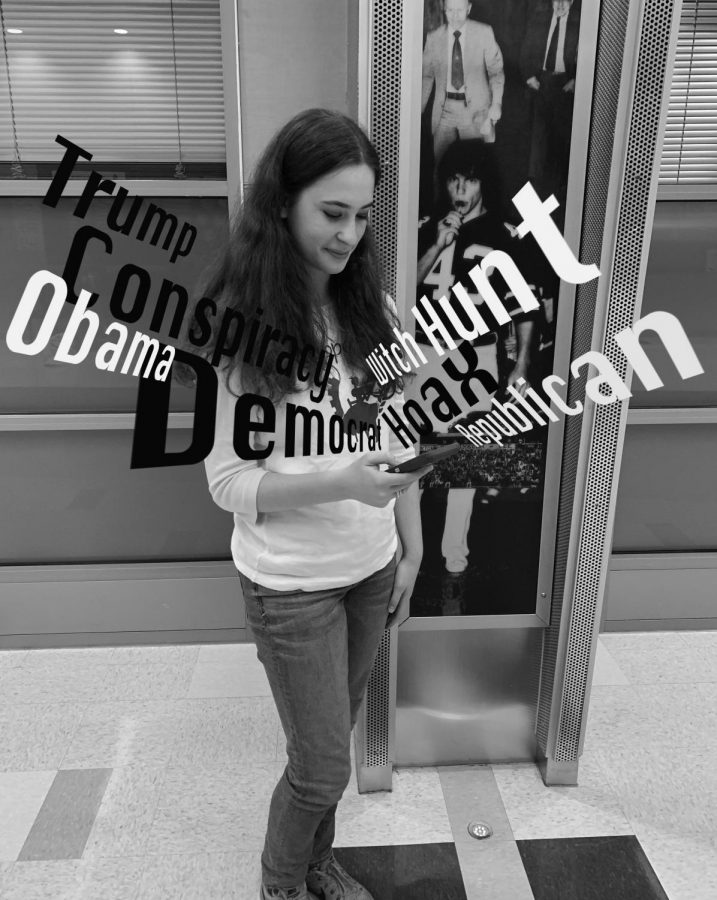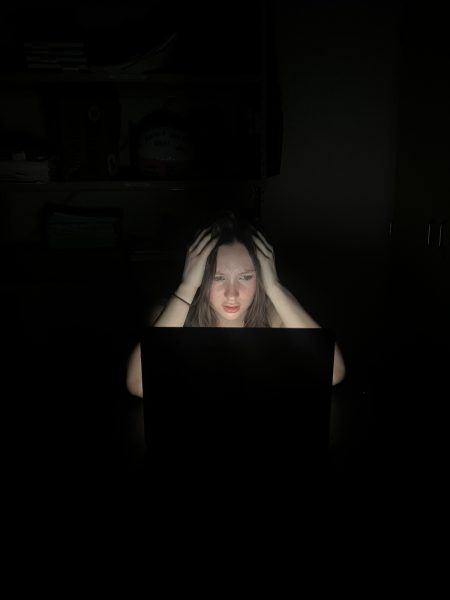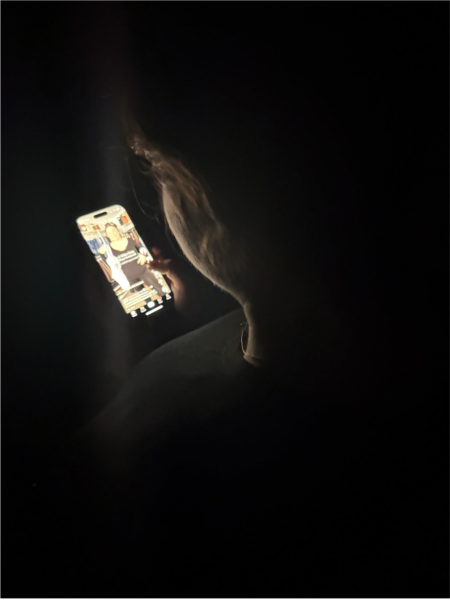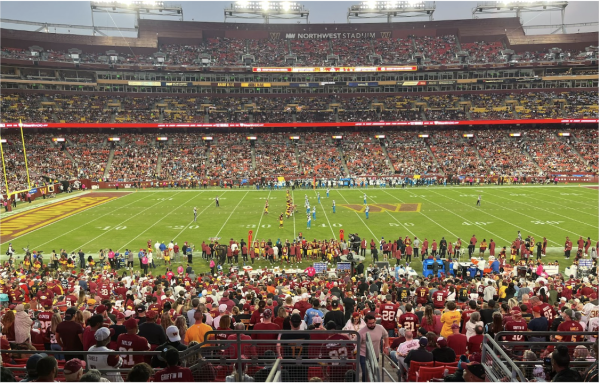Facing the truth: Fake news in social media
In an era of extreme political division, fear and fake news, social media has replaced print newspapers as a leading news source, according to Pew Research. While social media provides easy and free access to information, there are significant dangers that accompany its prominence.
Social media was not created with the intention of being a news source. Originally, the purpose of social media platforms was to connect people, ideas and businesses, though, as their popularity grew, they were adopted by politicians and everyday people as a way to share their opinions and what they deemed “news” without any filter.
Among this jumble of theories and beliefs shared as “news” is false and inflammatory information.
“I feel like most of the time fake news is spread to make people more angry about an issue that obviously doesn’t exist or that has been inflated to something that should not be as big of a deal as it actually is,” junior Hudson James Esch said.
Cameron in Milwaukee urging his five Facebook followers to hold Joe Biden accountable for his “corruption” involving his son Hunter Biden and the Ukraine is problematic enough; when the president of the United States shares the same conspiracy theory with his 1.7 million Facebook followers, it creates chaos and confusion.
Trump was able to run this advertisement due to Facebook’s new policy which makes it easier for politicians to lie in ads. Massachusetts Senator and presidential candidate Elizabeth Warren challenged Facebook’s new policy through her own Facebook ad, which said Mark Zuckerberg was endorsing Trump and then quickly revealed that the claim was indeed false. This showcased Zuckererg’s profit motive since running political ads produces significant revenue for Facebook.
Zuckerberg’s intentions were further exposed by Rep. Alexandria Ocasio-Cortez during his testimony in front of Congress. He stumbled through his answers as Ocasio-Cortez grilled him with questions, including about whether or not she could pay to run Facebook ads with specific lies. His answer to the first, which involved black voter suppression, was no. She then asked if she could run ads falsely claiming certain Republicans voted for the green new deal–this he was uncertain about.
Zuckerberg acknowledged that lying is bad but argued disallowing politicians to post false claims would keep people in the dark about their lying. For Facebook and other social media outlets the choice to censor or not is complicated because when they censor posts it often receives backlash, he argued. There are many arguments against social media censorship–fear it’s an infringement on freedom of speech or signifies that companies have bias, fear it’ll create so much backlash that it ends up having the opposite effect and will result in more chaotic, unregulated fake news.
But you cannot yell fire in a crowded theater. Freedom of speech is not without limitations. If it causes a panic, it is no longer permitted by law. Misinformation, especially from influential figures, can cause irreparable damage. According to the Centers for Disease Control and Prevention, the increase in the anti-vax movement has lead to a cases of measles in 31 states, including Virginia. Measles, which was considered eliminated from the U.S. in 2000, can have severe and even deadly consequences. Social media apps tolerating this and other potentially damaging misinformation should at least include warnings of fake news.
“Part of me is like, yes, I want people to label it because as a society we are media illiterate. We’ll just take information that people give us it’s really hard to stop and process every piece of information that comes at us,” English teacher Ms. Erica Larsen said. “I do think it’s nice if they give you some sort of warning because it’ll sort of get you to stop and think about it instead of taking it in without thinking.”
Even without labels there are ways to ensure the information you see on social media is accurate.
“If I see something [on social media] I normally look it up online and go to a reliable news source like CNN or NBC and verify that it is actually true before taking it into account,” James Esch said.
Though social media users like James Esch take what they see on social media with a grain of salt, many users don’t, which is how fake news has created a slew of problems. Our democracy has been and will likely again be undermined. Dangerous conspiracy theories are spreading much faster and causing real harm. And polarization between political parties is more extreme than ever.
“The divide has always been there but now that companies can make money off of clicks it’s just gotten worse because those divides have been played upon and prayed upon for money,” Larsen said. “I feel like it can be so isolating.”













